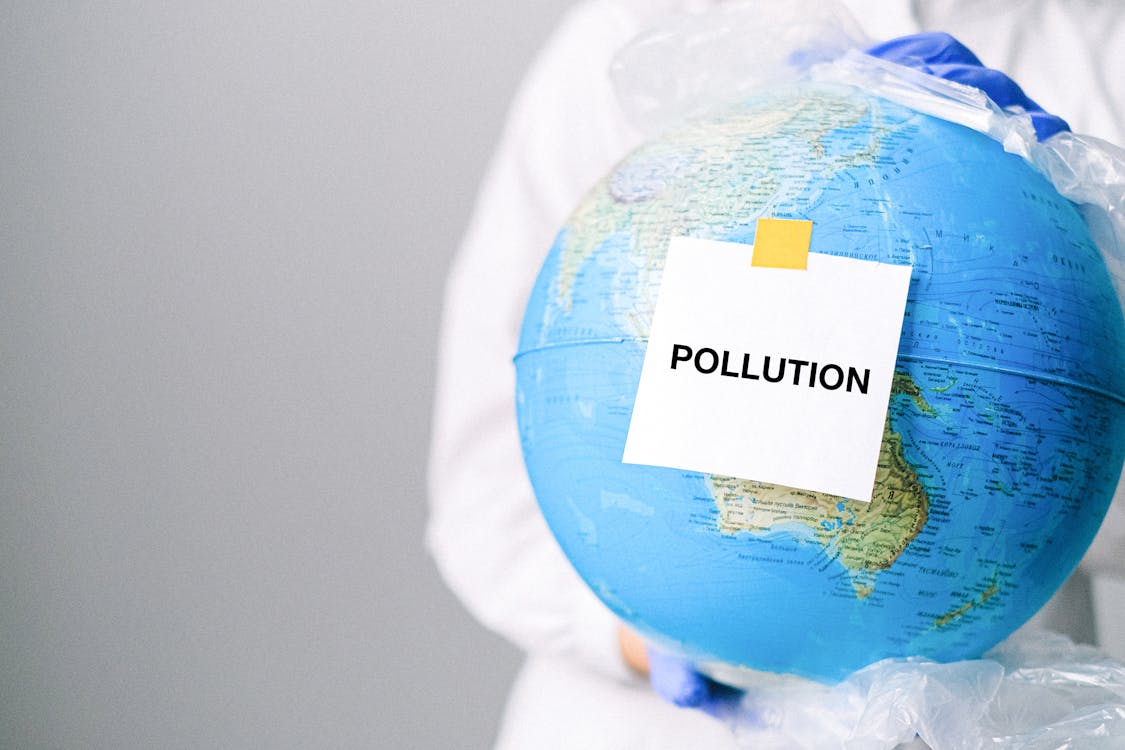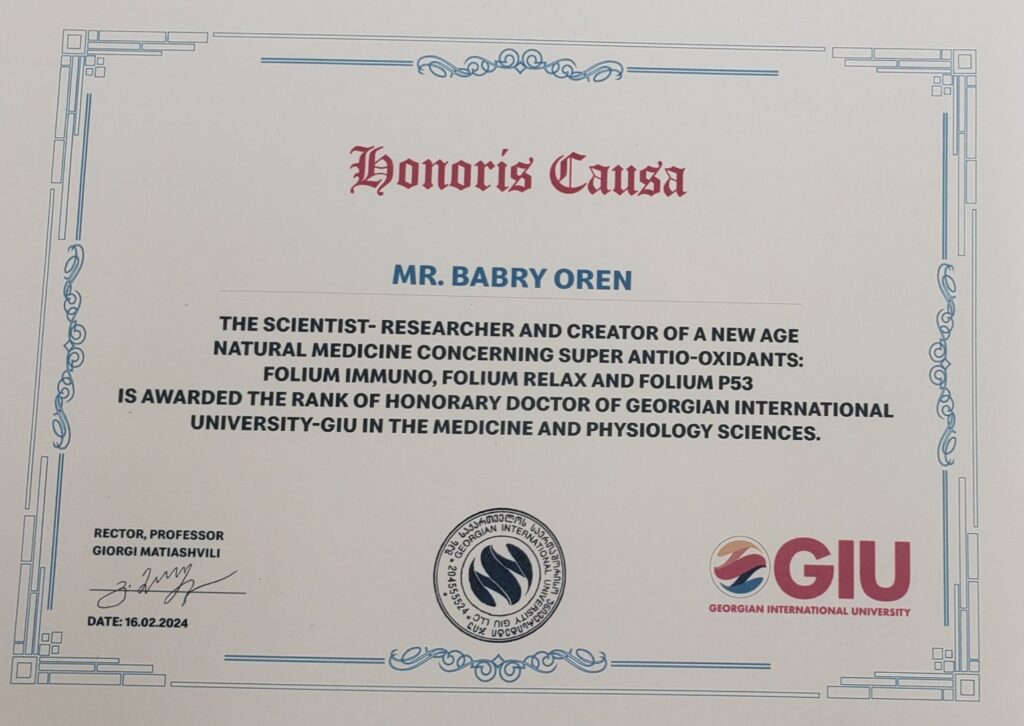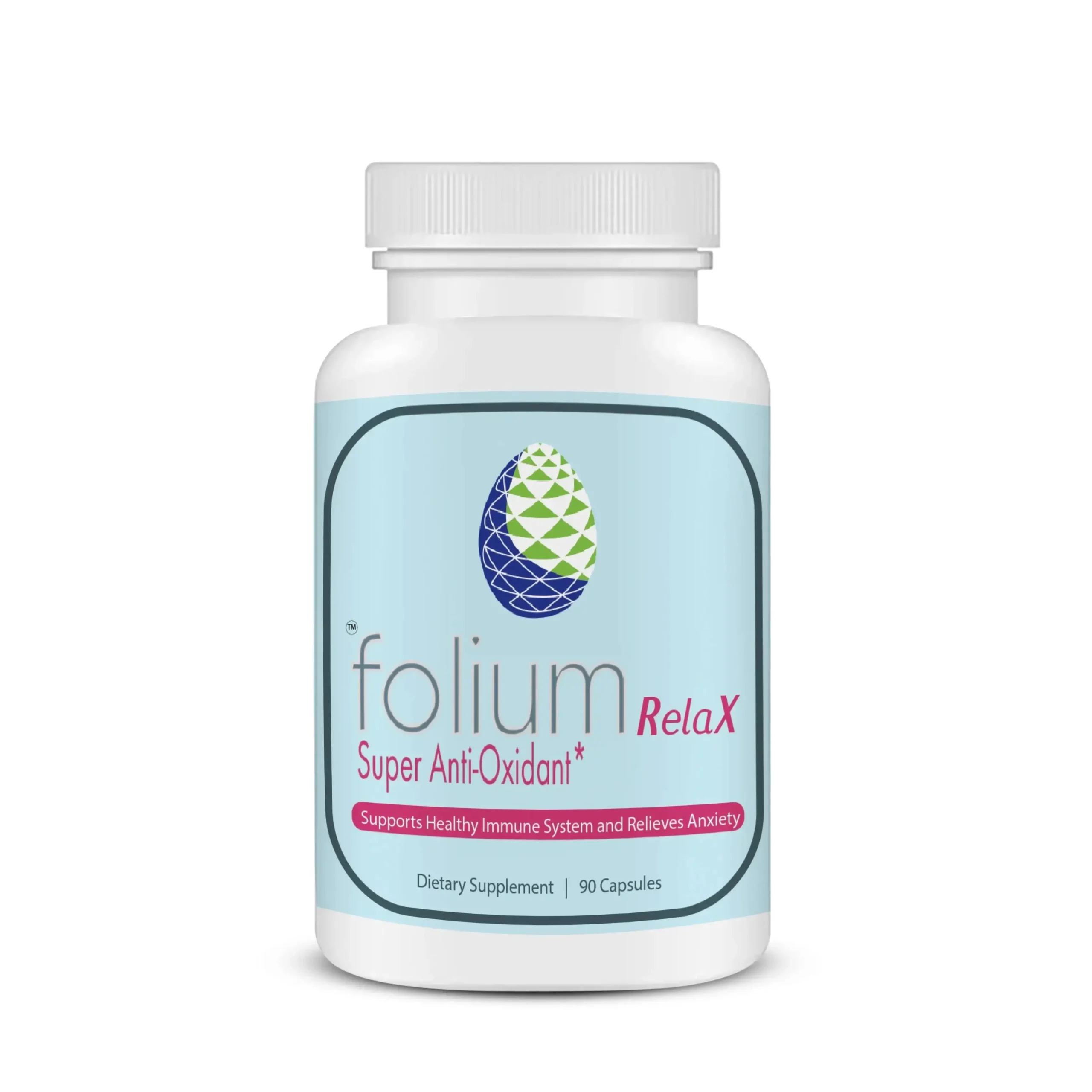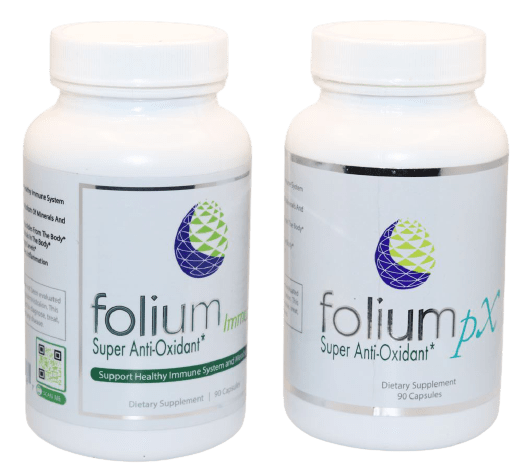Radiation and environmental pollutants have become an unavoidable part of modern life. As technology advances and industrial processes expand, we are increasingly surrounded by sources of both ionizing and non-ionizing radiation. Whether it is from medical imaging procedures, cell phone towers, or cosmic radiation during air travel, the cumulative effect on our bodies can be substantial. Alongside these radiation sources, heavy metals, air pollutants, and synthetic chemicals all contribute to an ever-rising toxic load. When the body is overwhelmed by these stressors, oxidative damage, immune dysfunction, and other long-term complications may follow.
Detoxification, the body’s way of processing and eliminating toxins, is therefore essential to maintaining health in today’s world. While our natural detoxification systems do their best to clear harmful substances, they were not designed to handle the sheer volume of toxins that modern life presents. This is where informed strategies—encompassing diet, lifestyle changes, and scientifically backed supplements—can provide a powerful boost.
Folium pX, a range of potent supplements designed to support detoxification and immune function, stands out as one such ally in protecting against environmental stressors. By understanding how radiation affects our health, taking steps to reduce exposure, and supporting the body’s inherent detox pathways, it is possible to build resilience and well-being even in our pollutant-heavy environment.
Key Takeaways
- Radiation Exposure is Inevitable – Everyday sources like medical imaging, cell phones, Wi-Fi, and cosmic radiation contribute to cumulative exposure, affecting cellular health and increasing oxidative stress.
- Environmental Pollutants Compound the Risk – Heavy metals, persistent organic pollutants (POPs), and particulate matter amplify radiation’s harmful effects, leading to immune dysfunction, neurological issues, and chronic inflammation.
- Detoxification is Essential for Resilience – The liver, kidneys, and lymphatic system work to eliminate toxins, but modern pollutant loads can overwhelm these pathways, making dietary, lifestyle, and supplement support crucial.
- Targeted Strategies Enhance Detoxification – Antioxidant-rich foods, regular exercise, sauna therapy, stress management, and proper hydration help the body combat environmental stressors and maintain optimal function.
- Folium pX Supplements Support Detox and Immune Health – Folium pX, Folium Immuno, and Folium Relax provide plant-based antioxidants that assist in neutralizing free radicals, removing heavy metals, and strengthening the body’s defenses against radiation and pollutants.
Radiation exposure doesn’t happen in isolation—pollutants like heavy metals and persistent organic compounds can amplify its effects. Strengthening your body’s detox pathways is key to reducing long-term health risks.
Understanding Radiation Exposure

Types of Radiation
Radiation is typically categorized into two major types, each with distinct implications for human health:
- Ionizing Radiation: This high-energy form of radiation has enough power to remove electrons from atoms, creating charged particles (ions) that can directly damage DNA. It originates from X-rays, CT scans, radioactive materials, and nuclear fallout. Ionizing radiation is potentially the most dangerous, as it can lead to mutations, heightened cancer risk, and various other health issues when exposure is repeated or at high levels.
- Non-Ionizing Radiation: This lower-energy form of radiation does not remove electrons from atoms but can still affect biological systems over time. Common sources include cell phones, Wi-Fi routers, microwaves, and UV rays from sunlight. While non-ionizing radiation is generally less harmful, ongoing exposure may still contribute to oxidative stress and cellular dysfunction.
Common Sources of Radiation Exposure
We encounter radiation in numerous, often unexpected, ways each day:
- Medical Imaging: Diagnostic tools like X-rays, CT scans, and fluoroscopy employ ionizing radiation. Although these tests are valuable, frequent or unnecessary scans can accumulate radiation exposure.
- Cell Phones and Wi-Fi: Mobile devices and wireless networks emit non-ionizing radiation, which can lead to cellular stress if exposure is constant and long-term.
- Radon Gas: This naturally occurring radioactive gas can seep into buildings through cracks in floors or walls, posing a lung cancer risk if inhaled in high concentrations.
- Cosmic Radiation: Individuals who travel frequently by air or work at high altitudes experience greater cosmic radiation due to reduced atmospheric shielding.
Health Risks of Radiation Exposure
Radiation’s health impacts vary with dose, duration, and individual susceptibility. Short-term effects may include:
- Fatigue and headaches – possibly tied to increased oxidative stress.
- Nausea or dizziness – particularly if exposure is acute or especially high.
- Skin changes – including burns or rashes in severe cases.
Long-term consequences can be more serious:
- Increased cancer risk stemming from cumulative DNA damage.
- Immune dysfunction, weakening the body’s ability to fight infections.
- Chronic conditions such as neurodegeneration or hormonal imbalances.
Environmental Pollutants and Their Impact on Health

Common Environmental Pollutants
Our environment is replete with various pollutants, and many can compound the damaging effects of radiation:
- Heavy Metals (Lead, Mercury, Cadmium): These metals persist in the environment and bioaccumulate in tissues, impairing neurological function, damaging organs, and weakening immune responses.
- Persistent Organic Pollutants (POPs): Industrial compounds like PCBs and dioxins can disrupt hormonal pathways, promote inflammation, and increase cancer risk.
- Particulate Matter (PM2.5, PM10): Microscopic particles from vehicle exhaust, factory emissions, and dust can penetrate deep into lung tissue, triggering asthma, bronchitis, and cardiovascular stress.
Health Impacts of Pollutants
The human body faces multiple health challenges when confronted with these environmental stressors:
- Neurological Issues: Heavy metals can cross the blood-brain barrier, leading to cognitive decline, memory problems, and emotional disturbances.
- Respiratory Disorders: Particulate matter and other airborne toxins can cause chronic inflammation in the lungs, exacerbating asthma and contributing to long-term respiratory ailments.
- Cardiovascular Disease: Long-term exposure to pollutants raises blood pressure, damages blood vessels, and increases the likelihood of heart disease or stroke.
- Hormonal Disruption: Certain chemicals, including BPA or phthalates, mimic or interfere with the body’s natural hormones, affecting metabolism, reproductive health, and thyroid function.
Synergistic Effects with Radiation
Radiation exposure doesn’t occur in a vacuum; many environmental pollutants can amplify its harmful effects. Heavy metals, for example, can reduce antioxidant defenses, making cells more vulnerable to damage induced by ionizing or non-ionizing radiation. POPs may also interfere with DNA repair mechanisms, exacerbating radiation-induced genetic damage. These compounded stresses underscore the necessity of a multifaceted detox and protective strategy.
Natural Detoxification Mechanisms
Primary Detox Organs
The body possesses sophisticated detoxification systems that operate continuously:
- Liver: The metabolic powerhouse for processing toxins. It converts harmful substances into water-soluble forms suitable for excretion, playing a crucial role in neutralizing free radicals generated by radiation or pollutants.
- Kidneys: These organs filter waste products from the bloodstream, excreting toxins through urine. Adequate hydration is essential to keep the kidneys functioning effectively.
- Lymphatic System: Working in tandem with the immune system, the lymphatic network helps clear out cellular debris, pathogens, and toxins. Unlike blood circulation, lymph flow relies on movement and muscle contraction to propel fluid.
Overwhelmed Detox Pathways
Although the body is well-designed to handle a certain level of toxins, modern pollutant loads can easily overwhelm these mechanisms, leading to:
- Cumulative toxin buildup in fat tissue or organs like the liver.
- Persistent inflammation or oxidative damage caused by excess free radicals.
- Chronic fatigue and immune suppression from constant internal “cleanup” demands.
Supporting and strengthening these natural pathways is essential in an environment of continuous radiation and pollutant exposure.
Strategies to Enhance Detoxification

Dietary Approaches
- Antioxidant-Rich Foods: Blueberries, raspberries, pomegranates, and leafy greens provide vitamins, minerals, and phytochemicals that scavenge free radicals created by radiation and toxins. Turmeric (curcumin) is particularly noted for its powerful anti-inflammatory and antioxidant effects.
- Cruciferous Vegetables: Broccoli, kale, cauliflower, and Brussels sprouts contain compounds like sulforaphane that support Phase II liver detoxification, helping neutralize and eliminate carcinogens.
- Hydration: Adequate intake of purified water helps the kidneys effectively excrete toxins. Adding a slice of lemon or a small pinch of Himalayan salt can provide trace minerals that support cellular function.
Lifestyle Adjustments
- Physical Activity: Exercise stimulates blood circulation and promotes sweating, both of which help remove waste products. Moderate to intense workouts or activities that induce perspiration (such as hot yoga) can be beneficial for detox.
- Sauna Therapy: Traditional or infrared saunas promote sweating, releasing heavy metals and other toxins stored in tissues. When coupled with rehydration, sauna sessions can significantly bolster detox efforts.
- Stress Reduction: Chronic stress elevates cortisol levels, which can weaken immune function and impair detox capacity. Techniques like deep breathing, meditation, or gentle yoga support relaxation and help maintain healthy hormone balances.
Targeted Supplementation
- Key Nutrients: Vitamin C, selenium, and glutathione precursors play critical roles in neutralizing free radicals and enhancing detox pathways.
- Adaptogens: Herbs such as ashwagandha or holy basil may help the body handle stress more efficiently, preserving energy for detox and immune processes.
- Minerals: Zinc and magnesium are pivotal for hundreds of enzymatic reactions, including those involved in detoxification and cellular repair.
Folium pX Supplements and Detoxification

How Folium pX Supports Detoxification
Folium pX provides a synergistic blend of potent, plant-based antioxidants formulated to combat oxidative stress and facilitate heavy metal removal. By supporting both Phase I and Phase II detoxification, Folium pX products complement the body’s inherent cleansing systems.
- Folium pX: This flagship supplement helps neutralize free radicals, assisting in the reduction of oxidative stress from radiation or chemical exposure. It also supports heavy metal chelation, helping to flush out metals like lead and mercury.
- Folium Immuno: Designed to reinforce the immune system, which is often compromised by radiation and toxic burdens. A stronger immune system is better at repairing damaged cells and fending off infections.
- Folium Relax: Quality sleep and relaxation are essential for efficient detoxification. Folium Relax aids stress reduction and restful sleep, giving the body adequate time to perform crucial repair work.
Scientific Basis for Folium pX
- Antioxidant Properties: Folium pX and its companion products contain ingredients with robust Oxygen Radical Absorbance Capacity (ORAC) values, targeting free radicals generated by ionizing and non-ionizing radiation, as well as chemical exposures.
- Detoxification Support: Certain botanical compounds in Folium pX bind to heavy metals, easing their excretion and reducing the toxic load on organs like the liver and kidneys.
- Immune Enhancement: Chronic exposure to pollutants can weaken immunity, but the antioxidants and supportive nutrients in Folium pX formulations aid in restoring immune function, promoting resilience against environmental stressors.
Preventive Measures to Minimize Exposure
Reducing Environmental Pollutants
- Eat Organic: Prioritize certified organic produce to lessen intake of pesticides, herbicides, and GMOs. Choosing locally sourced foods can also reduce exposure to preservatives used in shipping.
- Air Purification: Regularly change air filters and use HEPA purifiers to minimize indoor pollutants like dust, mold spores, and volatile organic compounds (VOCs). Proper ventilation ensures fresh air circulation.
- Water Quality: Installing a high-quality water filtration system can remove contaminants such as chlorine, fluoride, and heavy metals, reducing the internal toxic burden.
Medical and Occupational Safety
- Limit Unnecessary Medical Radiation: While diagnostic imaging is vital, discuss alternatives like MRIs or ultrasounds with your healthcare provider. Schedule scans only when medically necessary.
- Protective Gear: Individuals working in industrial or healthcare settings with higher radiation exposure should use lead aprons, shields, or dosimeters to keep track of cumulative radiation. Regular safety training reduces the risk of accidental overexposure.
- Electromagnetic Hygiene: Minimizing proximity to Wi-Fi routers, turning off wireless devices at night, and using hands-free or speakerphone for calls can reduce non-ionizing radiation exposure.
Lifestyle Choices for Radiation Reduction
- Sun Protection: UV radiation from the sun is non-ionizing but harmful in large doses. Wearing protective clothing, using sunscreen, and limiting peak sun exposure times can help prevent DNA damage.
- Smart Electronics Use: Avoid carrying cell phones directly against your body. Opt for texting or speakerphone calls to limit direct contact with your head. Reducing screen time also helps curb electromagnetic field (EMF) exposure.
Building a Comprehensive Detox Plan

Personalizing Your Approach
No single strategy will fit everyone’s needs. Start by identifying your primary sources of radiation and pollutants—whether they stem from work, living conditions, or daily habits. Focus on the greatest areas of concern first, then expand your detox and prevention measures as you gain experience and see results.
Balancing Nutrition and Supplements
Emphasize whole, unprocessed foods brimming with antioxidants, fiber, and essential nutrients. Close dietary gaps with targeted supplements like Folium pX to reinforce detox pathways. Regularly reassess your regimen and adjust to changing circumstances or health objectives.
Monitoring Progress
Keep track of changes in energy, mood, and overall well-being to gauge your detox plan’s effectiveness. For more precise insights, consider lab tests such as heavy metal panels or oxidative stress markers. Consultation with a holistic practitioner or integrative physician can further tailor your plan for optimal outcomes.
Conclusion: Radiation Exposure Detox
In an age of rampant pollution and ever-present radiation, safeguarding your health requires proactive measures. Ionizing and non-ionizing radiation, combined with heavy metals, persistent organic pollutants, and particulate matter, pose challenges to our bodies at the cellular level. While the human body possesses formidable detoxification and repair systems, modern environments can overwhelm these defenses without additional support.
Fortunately, you can take concrete steps to mitigate risks and bolster your body’s resilience. Implement dietary changes that include antioxidant-rich foods, ensure sufficient hydration, and regularly engage in sweat-inducing activities to reduce toxin accumulation. Manage stress, get ample sleep, and maintain good air and water quality to further support the body’s natural detox capabilities. When paired with targeted supplementation—like Folium pX, Folium Immuno, and Folium Relax—you fortify your detox pathways and immune function, helping neutralize free radicals, remove heavy metals, and protect against environmental threats.
Ultimately, awareness is key. By identifying your primary sources of radiation and pollutants and taking steps to limit exposure, you lay the groundwork for a healthier future. From minimizing unnecessary medical imaging to optimizing household filters and daily routines, each choice you make influences your long-term well-being. As these practices become integrated into your lifestyle, you’ll likely experience elevated energy, fewer toxic burdens, and a more robust immune system ready to tackle modern-day challenges. Regularly refining your detox approach ensures that your body remains protected and resilient in an ever-changing environment.
Support your body’s natural detox and resilience against radiation and pollutants—Shop now!
Further Reading
- Radiation Health Effects: The U.S. Environmental Protection Agency outlines the health risks associated with different levels of radiation exposure, from acute radiation syndrome to long-term cancer risks, emphasizing the importance of understanding and managing exposure pathways.
- Radiation Preparedness: 22 Ways To Naturally Detox: Preparedness Hub offers natural strategies to detoxify the body from radiation exposure, including dietary recommendations and lifestyle practices aimed at supporting the body’s detoxification processes.






